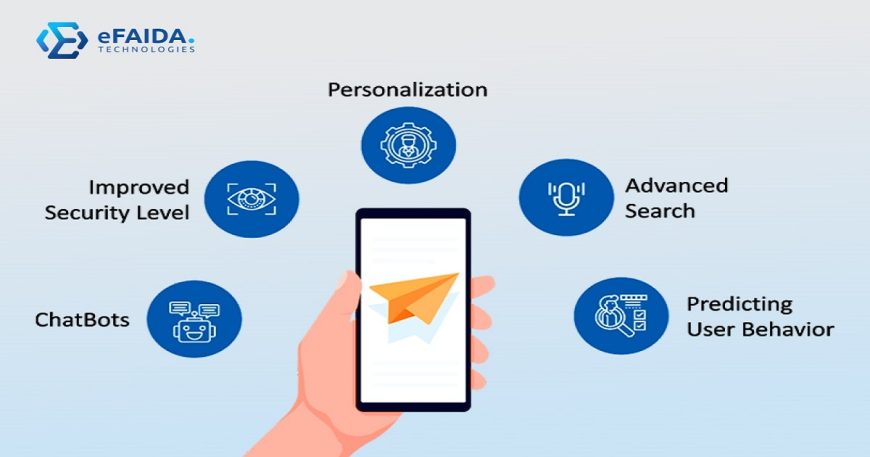Introduction
In the present times, mobile apps have become an essential part of our lives as they help us access all our necessities easily, and quickly with just a swipe on our Android or iPhone respectively. With mobile apps, companies have a new way of interacting with their customers, as well as generating revenues and creating a strong brand image. In the course of this thorough guide, we will demonstrate how mobile apps are essential business tools and why they are beneficial to users, and we will lighten on their main benefits and strong sides.
1. Enhanced Customer Engagement
Mobile apps allow businesses to reach out on a personal, hands-on level. Via push notifications, in-app messages, and personalized deals, business entities not only keep customers informed but encourage repeat customers as they are engaged.
2. Increased Accessibility and Convenience
Mobile applications let users access information, products, and services anytime, anywhere; this makes it different from any other mode of provision and offers tremendous benefits for all. Mobile apps present an easy-functional and user-friendly experience that consumers can apply in a rather wide range of actions like shopping, banking, or accessing the entertainment industry.

3. Improved Brand Visibility and Recognition
An app with mobility makes your brand stand out with recognizability due to improved visibility. To have geographical saturation implies that all possible applications can be located in mobile app markets. This can potentially help with brand recognition and will attract customers directly from such devices.
4. Streamlined Business Operations
Mobile applications can be a source of business process automation which includes process improvement and reduction of paperwork for the business. Either for providing practical information and options on inventory, customer service, or sales, mobile applications will enable businesses to be more manageable and productive.
5. Competitive Advantage
Mobile app usage has become a common feature in today’s digital ecosystem, and it can play a vital role in helping general enterprises gain an edge over others. The mobile app is an important tool that sets in motion customers’ thoughts that the business is stylish and customer-oriented. Others may trail behind because they have not yet achieved the mobile technology level.

6. Increased Revenue Opportunities
The ongoing rise of mobile apps may give rise to new income channels for companies using in-app purchases, advertising, and subscriptions.
The app monetization process not only gives businesses the ability to exploit many revenue streamlines but also to earn more money and increase their profits.
Conclusion
Smartphones and an excessive number of mobile applications have not lost their role as the main tool for business establishments that strive for profitable relationships and profits.
Providing more convenience and accessibility as well as customized experiences, mobile apps come in very handy for businesses to boost customer engagement and brand awareness as well as facilitate streamlined operations.
For users, mobile apps provide the privilege of being able to access any relevant information at any time, e-commerce, and communication, making them impossible to live without.
FAQs about Mobile Apps
1. How much does it cost to develop a mobile app?
The cost of building a mobile app may differ in a high range that depends on the application’s complexity, which position it is being built for, and the method of development which varies from one platform to another and between developers.
To sum up, the price differs depending on the type of surgery, yet usually, it costs a couple of thousand dollars to more than several hundred thousand dollars.
2. How long does it take to develop a mobile app?
Varying amounts of time are required to construct a mobile app if the complexity and methodology of development take matter.
On an average basis, it will most likely take a minimum of three weeks and a maximum of four months to develop a mobile app from initial concept to a finished product.
3. What are some key considerations when developing a mobile app?
Mobile apps are, for their development, concerned with the audience the app is supposed for, the app’s objectives and functions, the platform it is being developed for, and budgeting and development planning.




